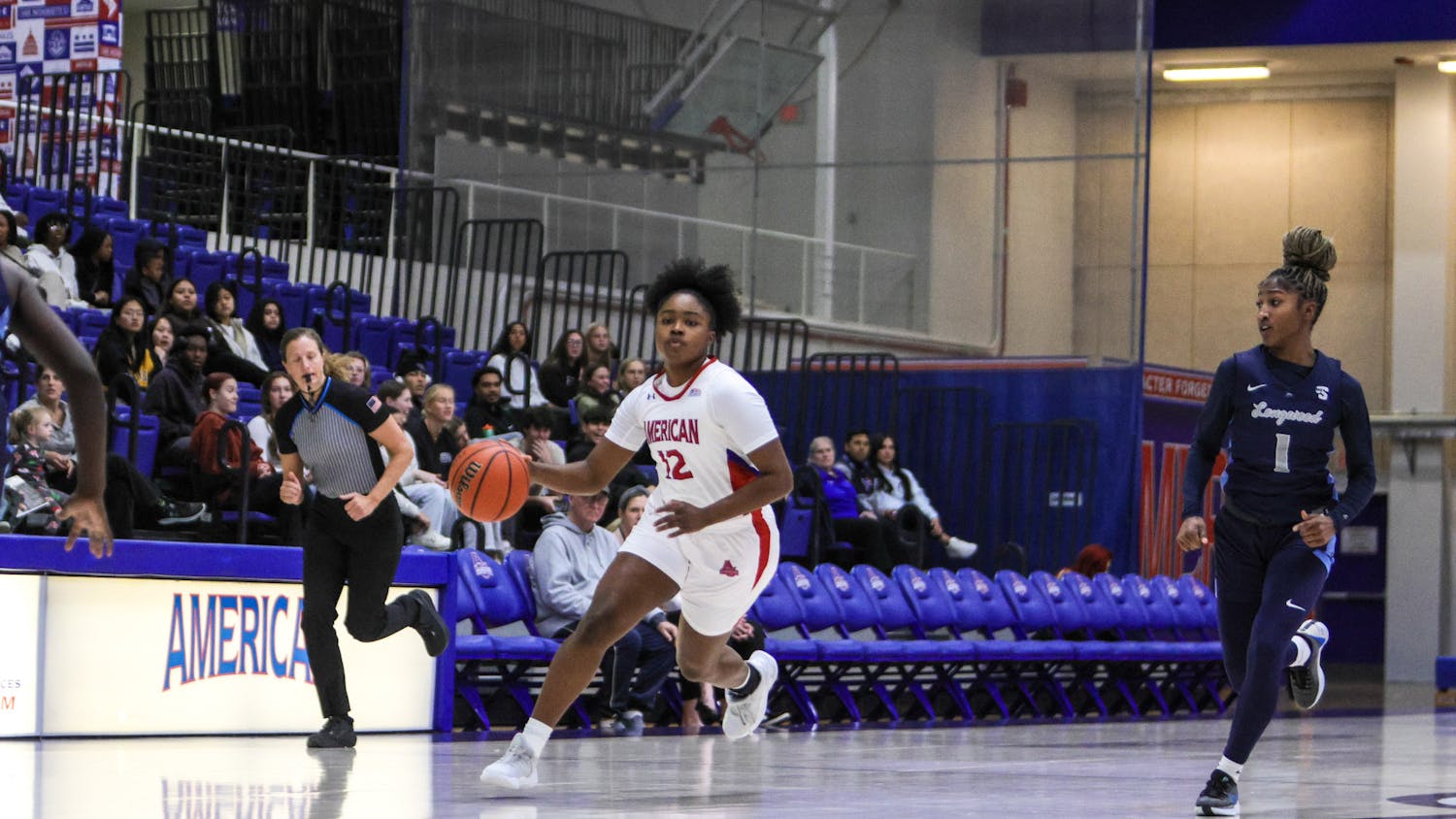As a desk receptionist (DR), I’ve noticed familiar faces are increasingly disappearing from the front desks of residence halls. It’s time to talk about this unfortunate phenomenon and what the directors of Housing and Residence Life (HRL) can do to preserve my fellow remaining DRs and improve our working conditions.
This is not the first time a DR has spoken out over the unresponsiveness and lack of understanding from HRL. A letter, organized and written by a few DRs, was circulated and signed by many and sent to the directors of HRL on Oct. 11. HRL has not responded yet, but one thing we do know is that DRs have constantly voiced their grievance and dissatisfaction and barely any action has been taken to negotiate and compromise with them.
There was an unfavorable shift in priority and lack of communication and understanding from HRL since before the fall semester started during staff training. What worsened the experience was not the training itself, it was the “Hunger Games”-like competition to fight for shifts. Rather than put in our availability and receive a relatively even amount of shifts, we were asked to input them ourselves on our laptops during the meeting, first-come-first-serve style. Although we were told to leave, no one was naïve enough to let others take more convenient shifts, which resulted in the internet crashing and everyone staying at least 30 minutes longer than we were paid to be there.
One explanation to the training fiasco was the change in our pay. Last semester, day hours (8 a.m.-12 a.m.) were $15 an hour and night hours (12 a.m.-8 a.m.) were $18 an hour. Despite the unbearable hours I worked (3 a.m.-9 a.m. on Saturday nights), the pay incentivized me to not only work night shifts, but also to pick up late hours at halls that were on the opposite side of campus. Now, there is no motivation to work late hours because working at 4 p.m. is the same pay as 4 a.m. To have all desks staffed all night, they now require DRs to work at least four night-hours a week. When someone drops a shift, people are not as responsive as last semester because it’s simply not worth the pay.
Understaffing and unevenly distributed hours have resulted in many shifts being dropped, leaving other people stranded at the desk. This forces RAs to cover the desk, which they should not have to do. The person meant to relieve me after my night shift on the weekend has left me stranded four times. I have expressed my frustration multiple times, but nothing has changed. Similar stories to mine are the reason why DRs and RAs are frustrated with HRL’s claimed commitment to “fostering an appreciation of each individual.” They are not hearing us out.
Unless HRL is willing to sacrifice more DRs and put even more weight on the remaining DRs, it is time to negotiate and adopt the proposals DRs have presented.
Raising the night wage back to $18 an hour is a good start. Many returning DRs, including myself, were under the impression that the pay would remain the same as last semester until training. Increasing night pay will motivate DRs to pick up more night shifts and leave off-duty DRs, RAs and the Community Director On Duty (CDOD) to their own duties.
Another approach is having one desk open per neighborhood. If a student locks themselves out at night, they could simply walk to the open-desk hall to receive a temporary key. This has been tried out unintentionally this semester through the malfunction of the machine that processes and activates temporary keys. Students were forced to go to a different building to activate their temp key, which proved a very probable solution.
To many people’s surprise, DRs are required to work twelve hours in four separate shifts during one of the breaks — Thanksgiving break, winter break or spring break — with no guarantee of which break they are assigned to work. Instead of going home and spending time with family, DRs have to prioritize the desk. To make matters worse, DRs still have not been informed of which break they are assigned to work, and we are less than 6 weeks away from Thanksgiving. The University should hire professional DRs to cover breaks. It would be a bonus if our DRs want to take shifts during the break, but no DR should be forced to work.
I remember I used to recommend this job to peers and tell my mother how flexible and enjoyable being a DR was. Although many DRs and I have not had the best experience this semester, my hopes for HRL to improve the DRs’ conditions persist. HRL, please hear the DRs out and address our concerns so we can truly deliver “quality opportunities and services that anticipate the needs and exceed the expectations of the University community” to everyone.
Emily Brignand is a second-year in the School of International Service and a columnist for The Eagle.





